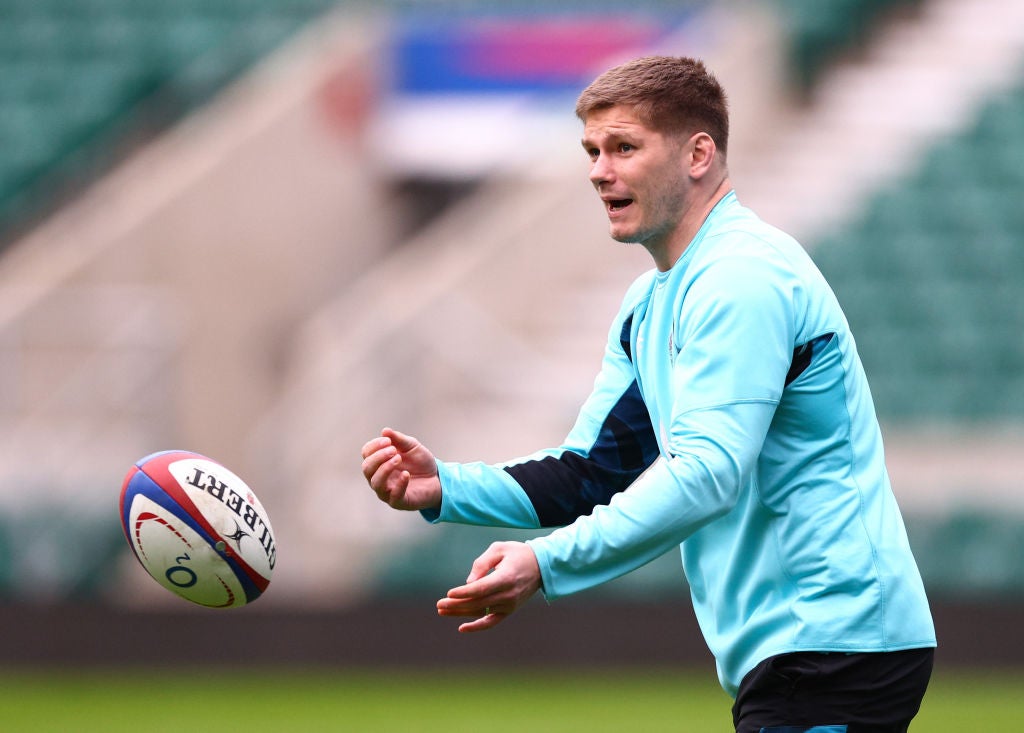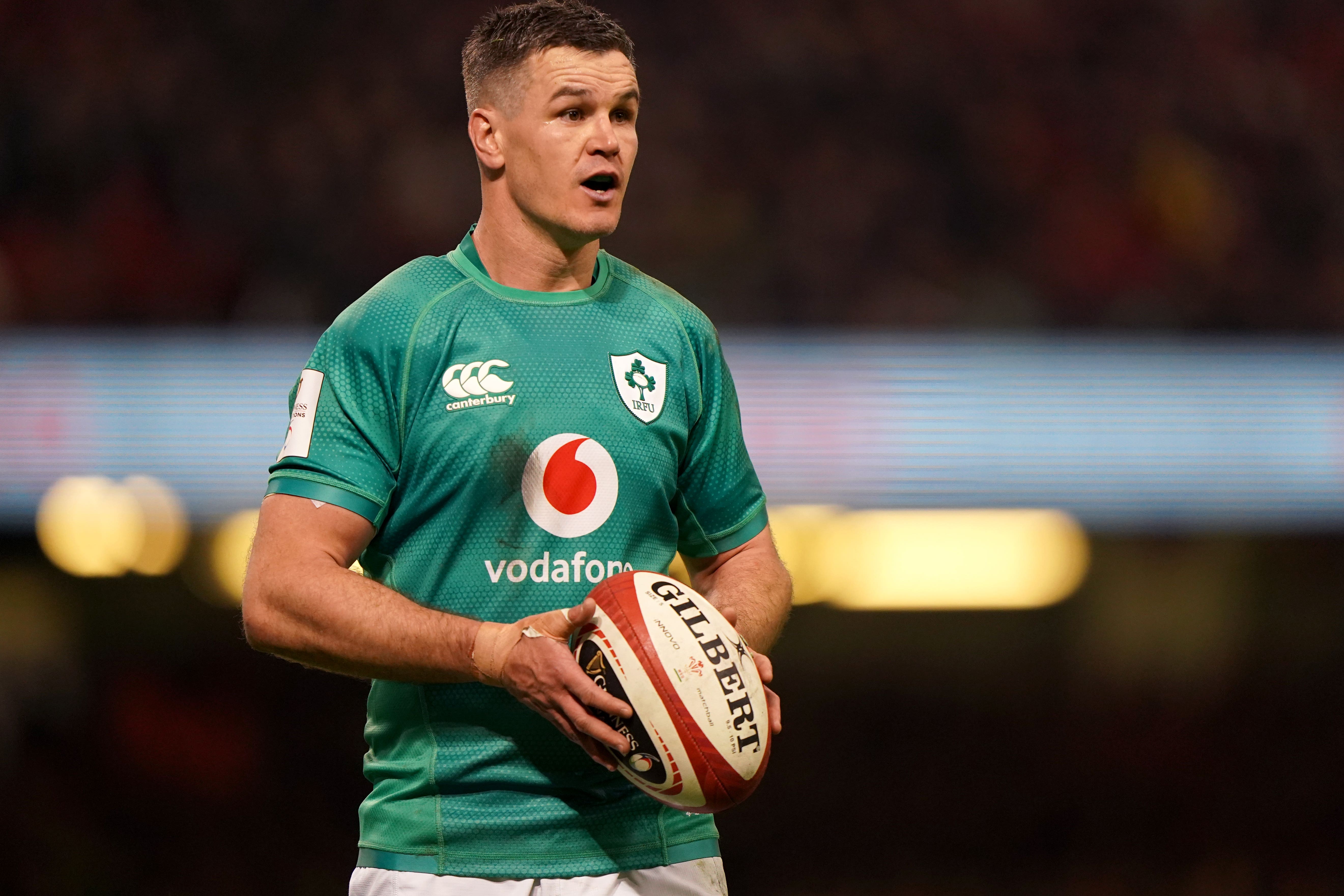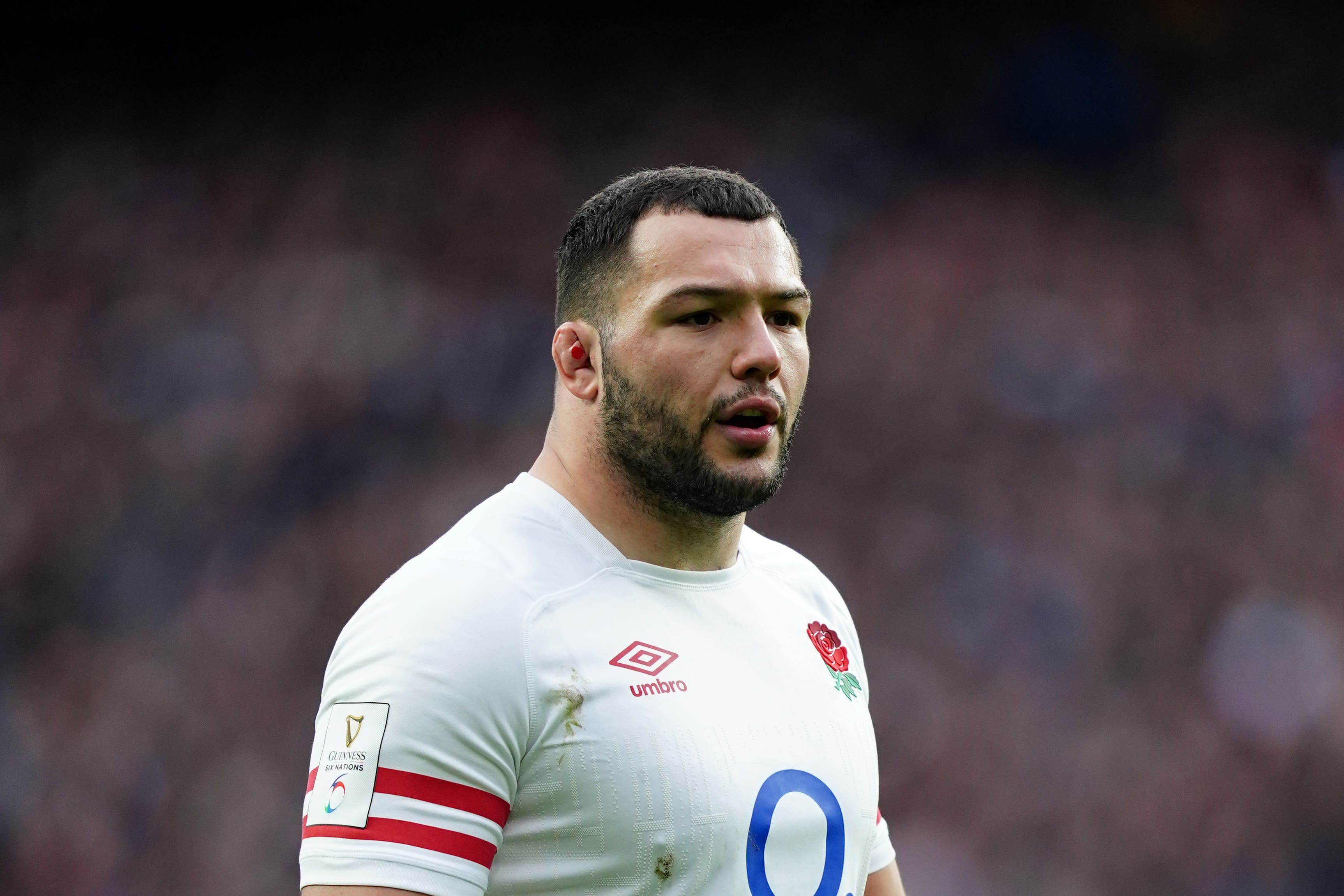Why Scotland’s Six Nations duel with Ireland is a Celtic clash to savour
Andy Farrell’s Ireland will look to close in on the Grand Slam
Sign up to our free sport newsletter for all the latest news on everything from cycling to boxing
Sign up to our free sport email for all the latest news
Thanks for signing up to the
Sport email
If you believe the legend, Scottish and Irish foes have been at each other since time began. The folklore suggests that long ago the great giants of Benandonner and Fionn mac Cumhaill went to war, hurling earth and stomping causeways across the Irish Sea.
There’s little need for a tall tale to embellish the legend ahead of this latest Edinburgh encounter. Both Scotland and Ireland have endured plenty of tough times in this championship but meet at Murrayfield in rude health, iterations deservedly regarded as perhaps the best that each nation has produced for a generation.
They clash as first and second in the Six Nations standings, admittedly by dint of points difference. Scotland showed in Paris a fortnight ago that they can match the class of the Six Nations, running France close with smart in-game adjustments to counter their might. Not that a valiant loss came as particular consolation after their Grand Slam pursuit ran off track.
Defeat to Ireland would result in an all-too-familiar derailment of Scottish optimism. But Gregor Townsend’s side will ready again for the visit for the second of the big two, bolstered by the strength of the Murrayfield crowd. A rarely procured Triple Crown would represent prize enough for another encouraging campaign and preserve real interest in the championship.
Even a bonus point win would not be sufficient to fully seal Ireland the Six Nations crown, but the visitors would be all but there needing only a single point at home to England on the final weekend. Of course, in that scenario Ireland would be very much on the Grand Slam hunt.
Recommended
Not that Andy Farrell’s squad are yet looking towards their final fixture. “With the threat we have this weekend with a Scotland side that are playing so well, it would be probably naive of us to start talking about a Grand Slam or anything like that,” said Ireland flanker Josh van der Flier this week.
“I think it’s going to be a massive challenge against a really, really good side. It is obviously the goal for every team going in, you want to win all of your games, but it will be a such a big challenge this week that you can’t look far past that.”
Afforded a fallow week to get right, back comes Tadhg Furlong to strengthen Ireland up front, while the play-making axis of Jamison Gibson-Park, Johnny Sexton and Garry Ringrose reunite to print the pretty patterns that continue to prove so effective.
Stuart Hogg brings up his Scotland hundred at full-back. An oddly peripheral figure in the Finn Russell-led escapades of the tournament so far, the swashbuckling fly-half would appreciate a return to full threat of a man so long his first mate – Hogg has been solid but this may be an occasion that requires a return to the carving best that dealt Ireland their last defeat to Scotland in 2017.
Russell and Hogg could devastate Ireland if their partnership clicks into gear
While Van der Flier is not minded towards an unnecessary forward look, the two sides’ Paris soiree in early October must already creep into the mind. Scotland and Ireland will be Pool B rivals come the World Cup, and with South Africa a third live contender in the group, that final pool weekend meeting could prove decisive.
Ireland’s poor tournament record will continue to murmur away unencouragingly in the background right up until the moment that Farrell’s side prove it folly. Which will not as straightforward, perhaps, as it might have been.
The premature World Cup draw means that even topping Pool B ahead of the Scots and South Africa will leave a meeting with either New Zealand or France in the quarter-finals. A four-year cycle of so much progress could ultimately end in last-eight disappointment. So too for Scotland who, having conquered both Paris and Twickenham during the last two years, might find themselves spectators again come the knockout rounds.
Not that that should be of particular concern right now. It is easy to look ahead when the World Cup so guides each four-year period but the success of these two sides show the importance of living in the good moment in which they find themselves. Careful plotting to peak for the World Cup can so easily go awry come the tournaments themselves, and it is therefore important to celebrate the achievements made in-between.
For either, a win would be significant: Scotland have never beaten the top side in the world since the organisation then known as the IRB first settled on a rankings algorithm in 2006, while Ireland’s Grand Slam goal is clear. Forget the ancient mythology – this is a real Celtic clash to savour.
Italy vs Wales
The prevailing theme after each sighting of Kieran Crowley’s intrepid Italians during this tournament has been that they will beat somebody during this Six Nations – well, now is the time to prove that true. Italy could not wish for a better opportunity to turn promise into progress, with another changed Wales squad named to greet their Roman hosts.
Recommended
Perhaps yet more tinkering speaks to how little Warren Gatland could profess to know about a Welsh squad increasingly seeming to be veering uncomfortably towards rupture.
If they play to the potential shown over the first three rounds, Italy look a better team than Wales. Yet so familiar are Italy with being underdogs that the swell of home hope for victory entering the encounter could yet overwhelm. A defeat to Georgia last July perhaps speaks to the challenge Crowley’s side face when they wear a rare favourites tag but this is an outstanding chance to deliver a statement performance and win.
Source: Read Full Article







